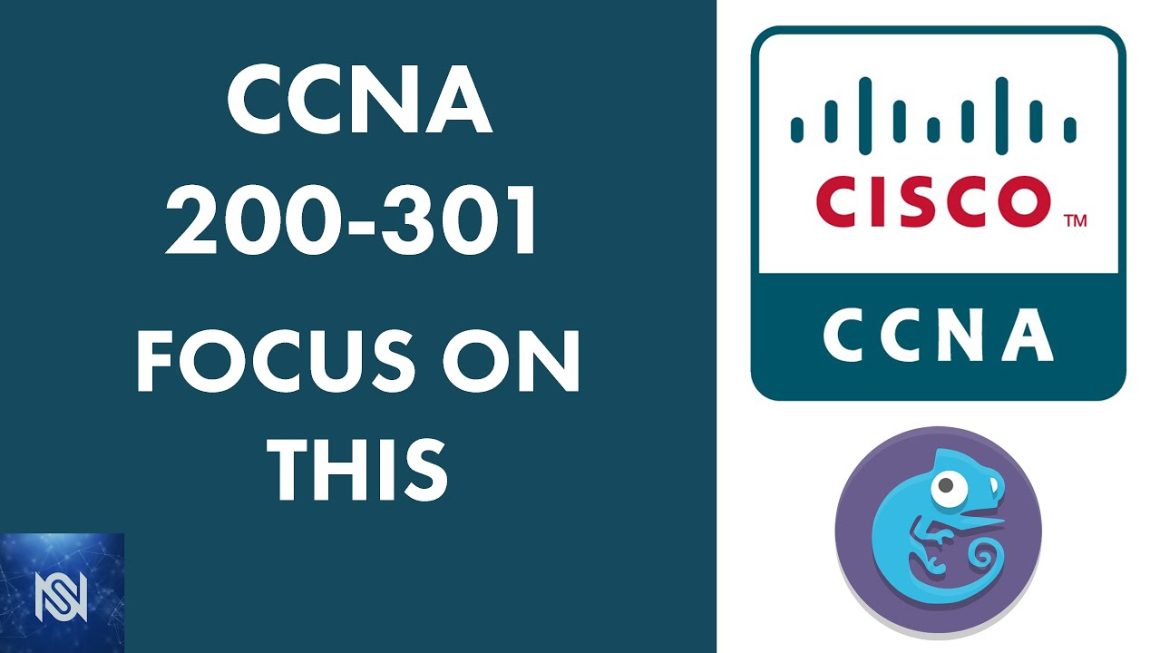Online academic activities will increase as a result of institutions switching from traditional classes to online classes during the past decade and the effects of the worldwide pandemic. US Degrees provide reliable information on colleges and universities in the US that provide online degree programs. Here is comprehensive information on everything you need to know before selecting the best affordable institution to pursue a career as a neonatal nursing practitioner.
The path to become a neonatal nurse practitioner is diverse. We selected to concentrate on accelerated Bachelor of Science in Nursing (BSN) to Doctor of Nursing Practice (DNP) programs for the purpose of this list because many jobs now demand a DNP.
| University | Program | Program Length | Estimated Tuition and Fees | Program Format |
| Delta State University | BSN to DNP – Family Nurse Practitioner | 69 credit hours | $23,853 (resident), $34,500 (non-resident) | Online |
| University of Central Arkansas | BSN to DNP – Family Nurse Practitioner | 73 credit hours | $28,762 | Online (campus visits required for clinical courses) |
| University of Alabama | BSN to DNP – Family Nurse Practitioner | 70 credit hours | $29,400 (available to North Carolina, Arkansas, Florida, Georgia, Alabama, Kentucky, Mississippi, South Carolina, Virginia, and Texas residents) | Online |
| New Mexico State University | BSN to DNP – Family Nurse Practitioner | 74 semester hours | $30,451 | Online |
| University of Southern Mississippi | BSN to DNP – Family Nurse Practitioner | 71 credit hours | $36,502 (resident), $44,454 (non-resident) | Hybrid and Online |
| University of Missouri Health | BSN to DNP – Family Nurse Practitioner | 72.5 to 75.5 credit hours | $38,660 | Online |
| Wichita State University | BSN to DNP – Family Nurse Practitioner | 74 credit hours | $23,364 (resident), $56,546 (non-resident) | Traditional |
| Missouri State University | BSN to DNP – Family Nurse Practitioner | 79 credit hours | $29,246 (resident), $40,087 (non-resident) | Hybrid |
| Fort Hays State University | BSN to DNP – Family Nurse Practitioner | 75 semester hours | $30,000 (limited to Oklahoma, Nebraska and Kansas, residents) | Hybrid |
| University of Taxes Health Science Center at Houston | BSN to DNP – Family Nurse Practitioner | 79 credit hours | $30,957 (students required to reside in Texas before the first day of class) | Hybrid |
Remember that during our search, these were the most affordable nurse practitioner programs we could find. There could, however, be other accessible NP programs that aren’t included. With tuition fees that range from a few thousand dollars at certain community schools to hundreds of thousands, there are over a hundred universities in the USA. You can find out more information about affordable degrees at USDegrees.com
By choosing the specialty (such as nurse anesthesia, nursing administration, FNP, etc.) that most interests you, you may focus your own search.
Examine the duties of a neonatal nurse practitioner (NNP)
Is taking care of newborns and their families your passion? Do you do well under stress? If the answer is yes, you need to think about becoming an NNP. NNPs frequently work in neonatal intensive care units and offer effective care to newborns who are ill and premature.
What is a neonatal nurse practitioner?
The NNP’s responsibility is to give high-risk newborns with the care they require because of low birth weights, prematurity-related problems, cardiac abnormalities, infections, or other illnesses. However, some NNPs may provide care for young children with chronic illnesses up to the age of two. Supporting and educating families of babies at high risk is one of the NNP’s other key responsibilities. NNPs can also work in birth rooms, ERs, and developmental outpatient clinics that offer babies follow-up treatment.
The National Certification Corporation offers national certification to nurses interested in becoming NNPs (NCC). You must presently have a registered nurse license and have an authorized master’s, doctor of nursing practice, or post-NNP master’s degree in order to qualify for this certification.
How to Become a Neonatal Nurse Practitioner
- Achieve a BSN degree
You need a nursing bachelor’s degree (BSN) before you can work as an NNP. You must first earn a bachelor’s degree if you just have an associate’s degree in nursing (ADN). Before beginning any graduate program, this is a basic requirement.
- Obtain an RN license.
You must take and clear the NCLEX to become an RN after being found qualified by the state board of nursing from which you are applying for a license. You will be granted a license in your state once you clear the NCLEX and satisfy all other conditions.
- Acquire knowledge
To be admitted into an MSN or DNP graduate school, you’ll probably require at least two years of experience in a neonatal critical care unit or equivalent clinical experience.
- Obtain a DNP or an MSN
The following step is to obtain your MSN or DNP in Neonatal Nursing from an authorized program. Online and in-person NP programs are primarily divided into two categories:
- MSN-NP: The MSN-NP is an option for NP programs and is for students who have completed their BSN but want to start the graduate-level degree right away.
- DNP: Doctorate Nurse Practitioner programs can earn their doctorates while also completing the necessary training to become nurse practitioners. The DNP is often appropriate for nurses who intend to work primarily in academic or research-based environments.
- Get NNP Certified From the National Certification Corporation
The knowledge of students about the management of critically sick newborns is tested in this entry-level exam. Individuals must pass the specialty certification test in order to become board certified in their particular state of practice.
Five NNP Facts You Should Know
- NNPs have an average of 18.7 years of experience.
- The typical total annual compensation for full-time NNPs is $140,000 and consists of basic pay, productivity bonuses, incentive payments, and more.
- NNPs who work full-time reported seeing about 13 patients each day on average.
- A hospital inpatient unit is the best practice location for NNPs.
- Anemia, arthritis, and acute lower respiratory infections are the three most common conditions that NNPs treat.
Final Words
About one in seven of the approximately 3.8 million newborns born in the United States were admitted to a neonatal critical care unit (NICU) in 2018. In actuality, the NICU admits about 90% of newborns born at a gestational age of under 34 weeks. A baby’s long-term health and results are influenced by the coordinated critical care provided by a team of neonatal specialists within the first hour of the baby’s life in the NICU.
Millions of Americans receive both primary and specialized medical treatment from nurse practitioners, who are essential in this process. A very broad viewpoint on healthcare is offered by nurse practitioners. But the cost for these committed healthcare workers is significant since this high quality of care needs at least six years of academic and clinical training.



